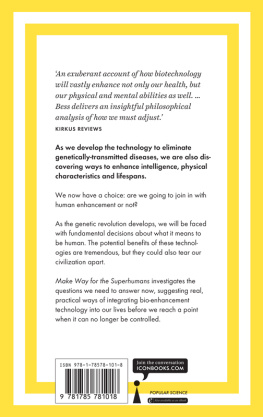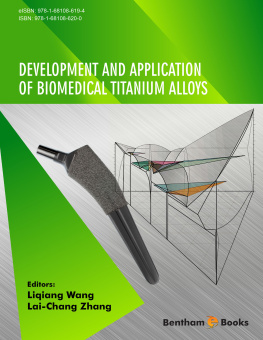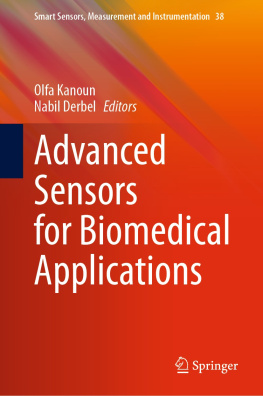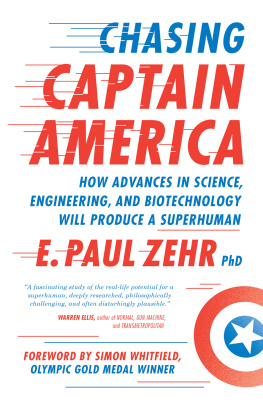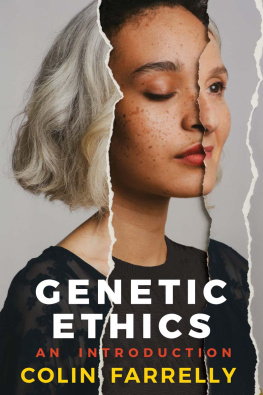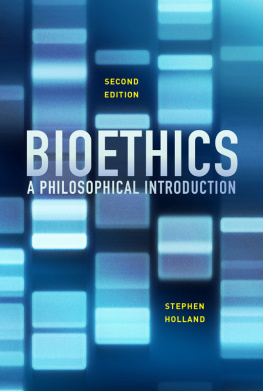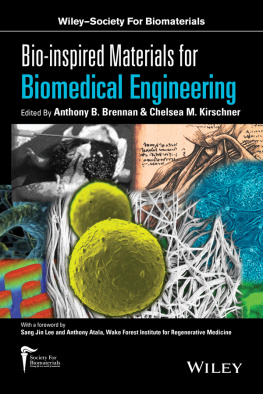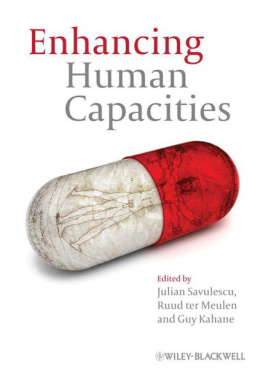BETTER THAN HUMAN
PHILOSOPHY IN ACTION
Small Books about Big Ideas
Walter Sinnott-Armstrong, series editor
Living with Darwin: Evolution, Design, and the Future of Faith
Philip Kitcher
Morality without God?
Walter Sinnott-Armstrong
The Best Things in Life: A Guide to What Really Matters
Thomas Hurka
Better than Human
Allen Buchanan
BETTER THAN HUMAN
The Promise and Perils of Enhancing Ourselves
Allen Buchanan


Oxford University Press, Inc., publishes works that further
Oxford Universitys objective of excellence
in research, scholarship, and education.
Oxford New York
Auckland Cape Town Dar es Salaam Hong Kong Karachi
Kuala Lumpur Madrid Melbourne Mexico City Nairobi
New Delhi Shanghai Taipei Toronto
With offices in
Argentina Austria Brazil Chile Czech Republic France Greece
Guatemala Hungary Italy Japan Poland Portugal Singapore
South Korea Switzerland Thailand Turkey Ukraine Vietnam
Copyright 2011 Oxford University Press
Published by Oxford University Press, Inc.
198 Madison Avenue, New York, New York 10016
www.oup.com
Oxford is a registered trademark of Oxford University Press
All rights reserved. No part of this publication may be reproduced,
stored in a retrieval system, or transmitted, in any form or by any means, electronic, mechanical,
photocopying, recording, or otherwise,
without the prior permission of Oxford University Press.
Library of Congress Cataloging-in-Publication Data
Buchanan, Allen E., 1948
Better than human: the promise and perils of biomedical enhancement/Allen Buchanan.
p. cm.(Philosophy in action) (Small books about big ideas)
Includes bibliographical references.
ISBN 978-0-19-979787-5 (alk. paper)
1. Bioethics. 2. Medical innovationsMoral and ethical aspects. I. Title. II. Series.
QH332.B83 2011
174.2dc22 2010052276
1 3 5 7 9 8 6 4 2
Printed in the United States of America
on acid-free paper
PREFACE
I recently published a much longer scholarly book, also with Oxford University Press, on the ethics of biomedical enhancement, entitled Beyond Humanity? That book was written for a more academic audience and was especially directed toward professional bioethicists and moral philosophers. Because I believe that the themes it explored are of great public interest, Ive written the present volume with a wider audience in mind.
The present volume contains no footnotes, though it does have an extensive bibliography. For those who desire documentation for what I say in this book, I suggest you look at the scholarly book. It contains a mind-numbing expanse of endnotes.
Better than Human isnt a dumbed-down version of Beyond Humanity? It includes a number of ideas that occurred to me after Beyond Humanity? was already in press. Nonetheless, Better than Human is considerably leaner than its predecessor. Ive eliminated some rather complex and some might say arcane discussions that are appropriate for scholars but guaranteed to induce deep sleep in normal people.
In addition to having somewhat different content, the two books are written in quite different styles. The present volume is more informal and conversational. And, I might add, it more directly expresses my feelings about the topic and about how it is often presented and discussed.
Because this book builds on its predecessor, I should acknowledge all those who helped me to write the first volume. I wont repeat the entire list included in the acknowledgments of Beyond Humanity? But I do want to offer special thanks to Matthew Braddock and Whitney Kane for their excellent research assistance and to Sandy Arneson, Jeff L. Holzgrefe, and Russell Powell for their valuable comments on the penultimate draft of Better than Human. I also am indebted to Peter Ohlin of OUP and to Walter Sinnot-Armstrong, the outstanding editor of the Philosophy in Action series.
July 25, 2010
CONTENTS
BETTER THAN HUMAN
1 BREATHLESS OPTIMISM, HYSTERICAL LOATHING
I ts too late to just say no to biomedical enhancements: Theyre already here and more are on the way. Consider the case of Michelle, a bright, ambitious junior at an elite U.S. university. To study more efficiently, Michelle takes Ritalin, a drug prescribed for ADD (attention deficit disorder), though she doesnt have ADD. Ritalin is only one of several drugs developed to treat disordersincluding ADD, Alzheimers dementia, and narcolepsythat have been shown to improve thinking in people who arent cognitively impaired. We already have cognitive enhancement drugs, and they are already widely used as such.
Michelles boyfriend Carlos tells her she shouldnt take Ritalin. He says, Its cheating and besides it might be dangerous. Michelle replies: Calm down. Its just a cognitive enhancement druga chemical that helps me think betterits not cocaine. Dont be hypocritical. You take a cognitive enhancement drug, tooprobably in dangerously high dosesnamely, caffeine. And dont think youre fooling me. You say youve quit, but I know you sneak a cigarette now and then when youre up late studying. I can smell it in your hair. Look, caffeine and nicotine both help you stay alert and think more clearly; thats why so many people use them. So if Im cheating, so are you and a lot of other people. Besides, if youre worried about unfair advantages, why pick on cognitive enhancement drugs? Just being at this university gives us a huge advantage. What do you think education is? Its cognitive enhancement. Or what about the fact that both your parents are really smart and have PhDs? Thats certainly an advantage, too, and you didnt earn it. If I ever have kids, I want them to have the best opportunities I can provide for them. If this means making sure theyve got good genes, then so be it. Biomedical enhancement? Im all for it!
Wait a minute, Carlos protests. Cognitive enhancement drugs, may be. But now youre talking about genetically designing your children? Its one thing to use a drug to bring out a persons full potential. Thats different from changing their nature, making them a different person than they would have been. Thats playing God.
Ive changed the names, filled out a few incomplete sentences, and corrected for the annoying tendency of undergraduates to punctuate every other phrase with like. But otherwise this dialogue captures the gist of an exchange between two students in my class on the ethics of biomedical enhancement at Duke University.
Cognitive enhancement drugs are only the beginning. Bio-medical science is producing new knowledge at an astounding rateknowledge that will enable us, if we choose, to transform ourselves. Biomedical enhancements can make us smarter, have better memories, be stronger and quicker, have more stamina, live much longer, be more resistant to disease and to the frailties of aging, and enjoy richer emotional lives. They may even improve our character or at least strengthen our powers of self-control. Enhancement drugs are only part of the story. Theres mounting evidence, including successful gene changes in laboratory animals, that human beings will eventually be able to change their physical, cognitive, and emotional capacities by deliberately modifying their genes. Eventually, we might even be able to take charge of human evolution.
A bit of terminology is in order. An
Next page

